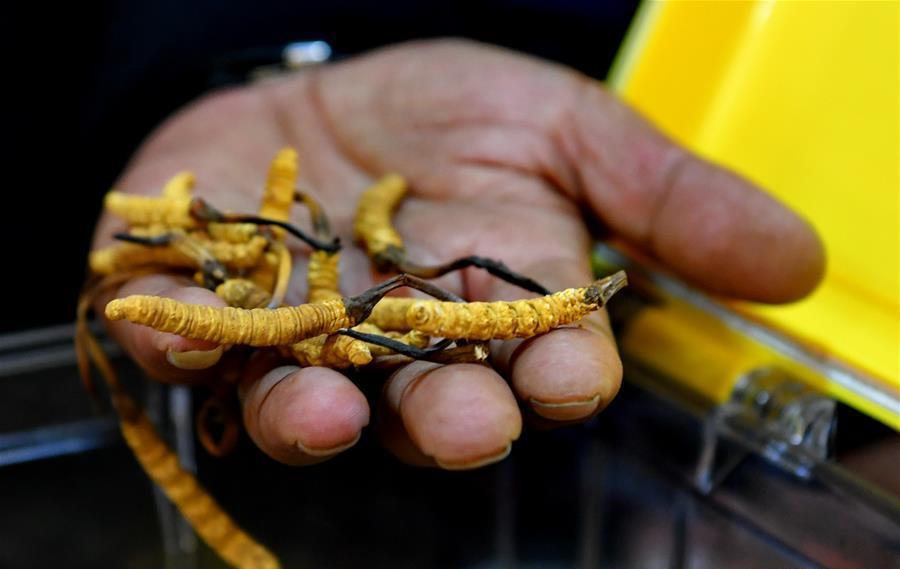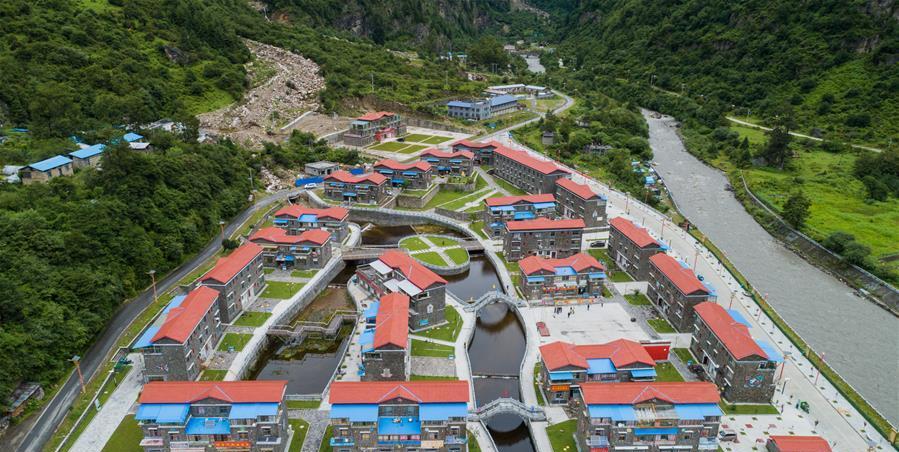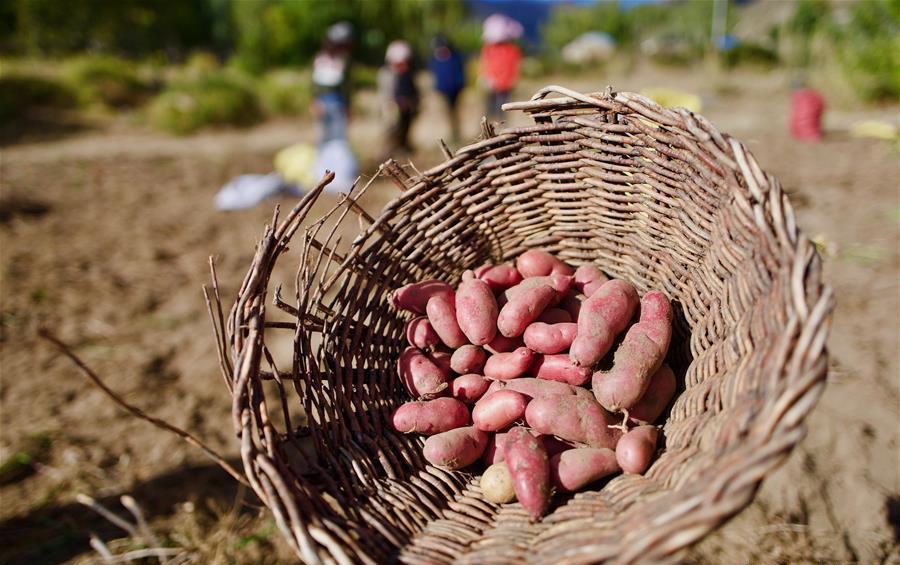Courts in Tibet use new technologies to better serve farmers, herders
Courts in southwest China's Tibet Autonomous Region have started using new technologies such as voice recognition and big data to offer better services for people living in remote areas.
Statistics show that 80 percent of cases handled in primary courts in Tibet involve farmers and herders, many of whom live in remote areas and speak little Mandarin.
As such, the regional higher people's court has pushed for mobile courts and translation systems to streamline legal procedures.
Court staff can reach herders and farmers in remote areas by vehicle and handle their cases onsite, through video conferences or live broadcast. The court has also developed a Tibet-Mandarin translation software that can reach an accuracy rate of 70 percent.
"Our efforts in building information technology have helped cut time as well as financial costs for people involved in these litigations, and improved our efficiency," said Wang Yonggang of the Tibet higher people's court.
So far, Tibet has 157 mobile courts, according to the court.
Your Comment
Name E-mailRelated News
-
-

-
Why November and December are the Best Months to Travel to Tibet?
Tibet is considered the highest region on earth. Traveling to this location rewards even the most hardened travelers with amazing sights.
-
-
-

-
Caterpillar fungi promoted at Lhasa's first cordyceps sinensis trade fair
Exhibitors promote caterpillar fungi at Lhasa's first cordyceps sinensis trade fair on Oct. 4, 2018.
-
-
-

-
Norbu Tenzin, Tibet's master of tsampa
In Xigaze, the hometown of highland barley in southern Tibet, southwest China, Norbu Tenzin has been widely known as the master of tsampa.
-
-
-

-
Another 25 counties in Tibet shake off poverty
Twenty-five counties and districts in southwest China's Tibet Autonomous Region have been officially taken off the country's list of impoverished areas.
-
-
-

-
Villagers harvest red potatoes in China's Tibet
Villagers harvest red potatoes in Gonggar County of Shannan Prefecture, southwest China's Tibet Autonomous Region, on Oct. 4, 2018.
-







